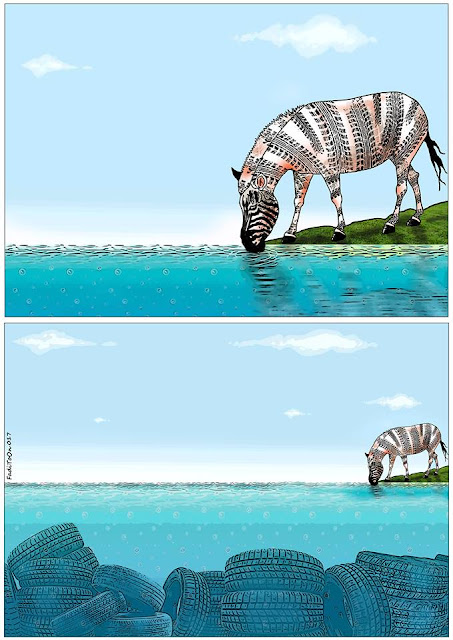October 1943
- has a special meaning in Danish culture and history, the month when the about 7000 Danish Jews were helped to Sweden during World War II. Not all reached freedom, some sadly drowned on the Sound, while 472 were captured beforehand and sent to Theresienstadt. About 53 of them did not return home, which is a massacre in itself. And yet it could have been so much worse.
So when most of Europe discusses what went wrong, how come the situation could spiral out so massively? - We discuss how come this was done right?
There were many reasons for it, political as well as personal, and they interconnect rather than exclude each other. There is not just the one explanation, although the attempt to make a definite answer is constantly made. But there is one thing I find is often neglected in the debate and that is how they never rested on their laurels, nor can we rest on them today. We have to do our bit. That is their challenge to us.
Their personal courage was not necessarily a coincidence in their lives, it was part of how they saw life.
They were scarred by their experiences. My paternal grandfather was so obviously tormented. About ten years after the war he suddenly grasped and threw the fireworks into the water that he and his sons had taken down to the waterfront to celebrate New Year. For the rest of his life he sort of imploded at loud and sudden sounds. But I have no doubt he would have done it all again, there was in him as in his equivalents always a vigilance, a readiness in all they did.
I went to school at a very small private institution, Kaptajn Johnsen at Frederiksberg i Copenhagen. The headmaster, B.K. Johnsen had been in the Resistance and had had to flee to Sweden himself. But what made his personal history special was not so much his stories as the knowledge of being in his care as a pupil. If a rat crossed the school yard during a break, we would see him chase it with a shovel over his head in matter of seconds. It would be dead before the break was over, nothing was allowed to harm his children.
Their attentiveness was not just of a physical character. One of our Jewish teachers, Allan Levin, always had a small collection with him of well-read paperbacks on testimonials from the Dresden-firebombing, Hiroshima or the German in the 1920'ies. Whenever a teacher called in sick, he would read us words from survivors that were impossible to forget, once they were heard. He would suddenly stop and ask one of us directly: "What would you have done if you were jobless and had small children, would you have believed Hitler?"
- impossible to answer and not meant to be answered. They were meant to be the sort of questions we should keep asking ourselves, what ought I do now?
When we graduated, all pupils were given a morale in life: "Do your best and then some".
When I think of October 1943 I think of those who did their best and then some - those who had to flee and those who assisted them and made sure that the next generations would grow up with Levin, Louise, their families and all those exceptional personalities we would not have been without for anything.
October 1943 was never drawn. Hans Bendix - of Jewish origin himself, had had to flee back in 1940. The Norwegian Ragnvald Blix managed to flee to Sweden in 1940 too. In their stead, Michel Kichka has given us a no less important lesson: Lest we forget. Oh, no we will keep talking!


